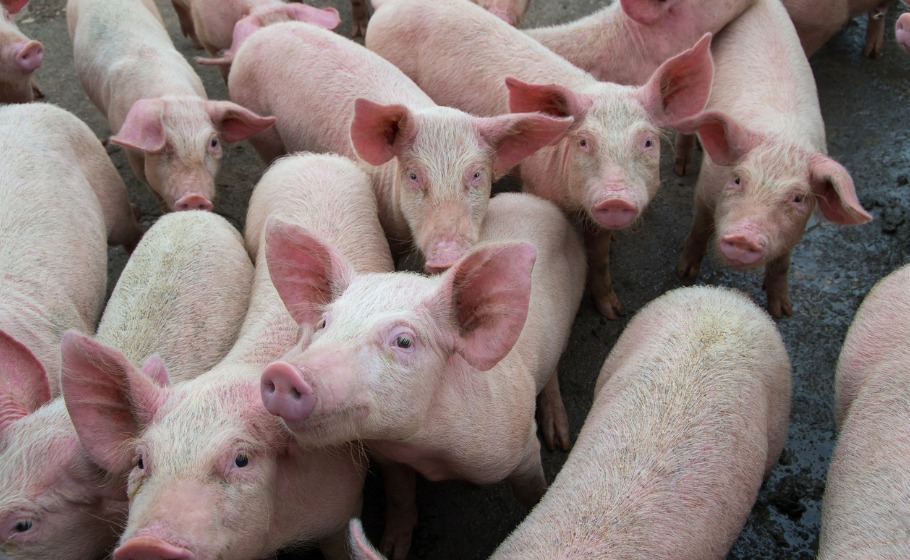
Kerala culls hundreds of pigs to contain African swine fever; farmers unhappy
The Kerala government is culling hundreds of pigs in farms in Wayanad district to prevent the outbreak of African swine fever which was detected in some samples there.

The Kerala government is culling hundreds of pigs in farms in Wayanad district to prevent the outbreak of African swine fever, which was detected in some samples there. The African swine fever is known to be 100% fatal. This was confirmed in two samples taken from a farm in Mananthawady in the district and tested at National Institute of High Security Animal diseases in Bhopal.
The state Animal Husbandry department has started the culling already. Farmers, though not against the culling, have raised a banner of protest over the government’s silence on the matter of compensation.
“The government has not given any clarification on compensation. The farmer’s organisations have not been consulted,” said Alex Ozhukayil, chairman of the Kerala Independent Farmer’s Association (KIFA), a collective of farmers based in Wayanadu.
Alex told The Federal that KIFA suggested an alternate solution. “So far the disease has not spread. The presence of virus is detected only in one farm. We should have put the farm under quarantine to observe the gravity of the spread and take a decision accordingly, but the district administration did not listen,” he said.
Also read: Deadly African swine fever re-emerging in Asia. Will it affect humans?
The incubation period of African Swine flu is 4–19 days. According to the KIFA, the Animal Husbandry department should have kept the pigs in quarantine for the incubation period.
“There are 360 pigs in this farm (where the culling is progressing), out of which 100 are pregnant and 50 are piglets. The farmers should get at least ₹200 per kg in addition to the price of piglets. Otherwise, the farmers will land in huge debt trap,” Alex said.
“The government is bound to follow WHO guidelines. As there is no vaccine for this disease, it is important to prevent the spreading even by mass culling if required,” Satheesh Kumar, a veterinary surgeon in Wayanadu, told The Federal.
Though animal-to-human transmission is rare, African Swine Flu has devastating effects on the pig population and the farming economy.
According to the World Animal Health Organisation, the virus is highly resistant in the environment, meaning that it can survive on clothes, boots, wheels, and other materials. It can also survive on various pork products, such as ham, sausages or bacon. Therefore, human behaviour can play a role in spreading the disease if adequate measures are not taken.
Also read: New swine flu virus strain with “pandemic potential” identified in China: Study
As on July 21, 2022, ASF has been reported across 45 countries over two years (2020-22) according to the World Animal Health Organisation. This affected more than 1,120,000 pigs and 35,500 wild boars, with more than 1,850,000 animal losses.
Continent-wise, Europe has reported largest number of outbreaks both among domestic pigs and wild boars. According to the report of WAHO, 4 countries reported the first occurrence of ASF.
KIFA also raises the complaint that the government has double standards in culling wild boars.
“We are sceptical about the origin of this disease in Wayanad. We doubt that this could be transmitted to pigs in the farm from wild boars. But there are lot of restrictions imposed on killing wild boars. Our long pending demand to declare wild boars as vermin is yet to be addressed,” Alex said.


